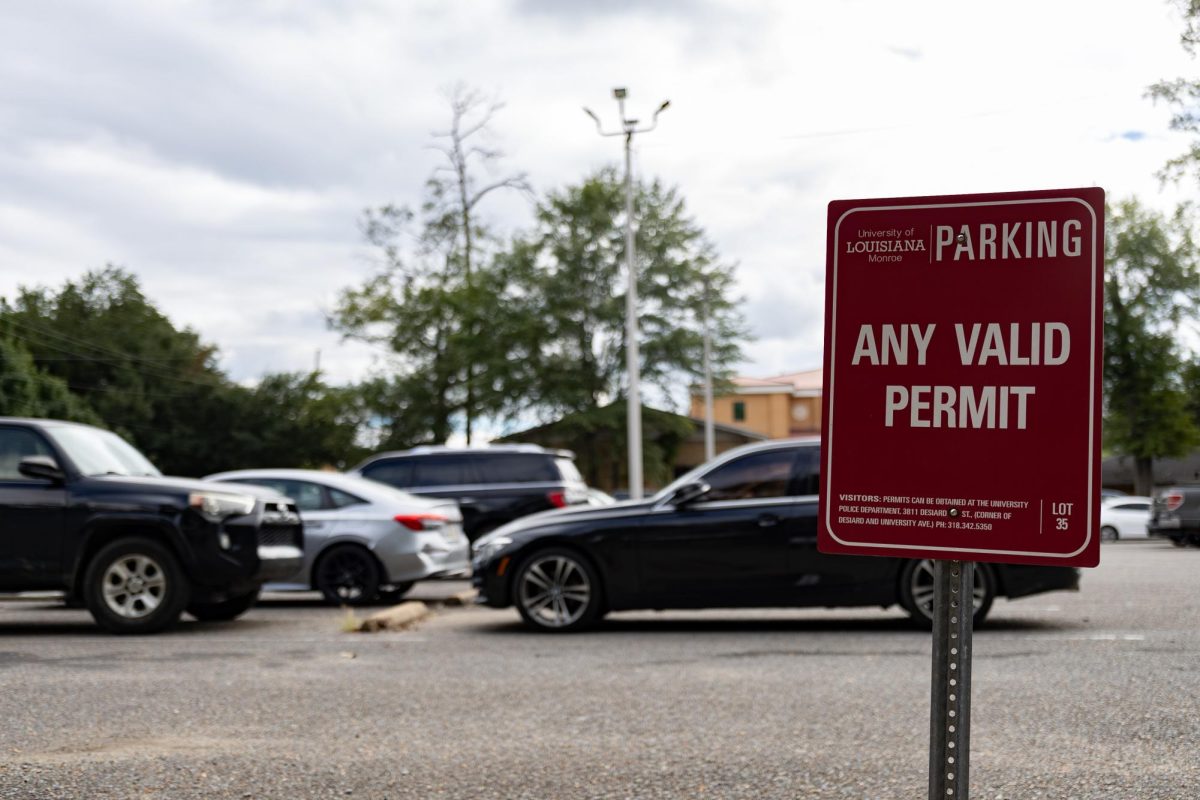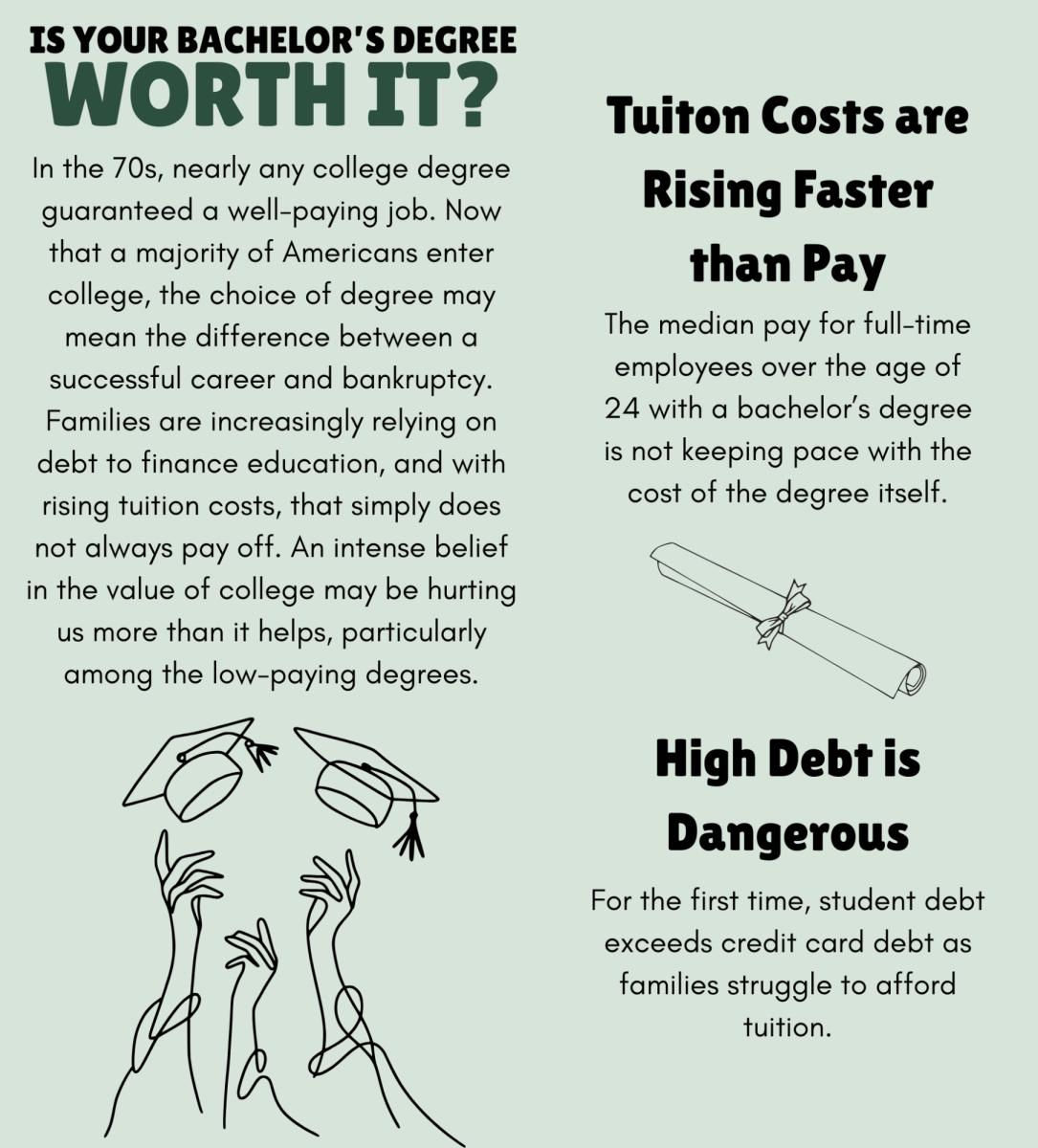In the news section you’ll notice a pretty unfortunate story about our school: according to Vice, we rank as the third highest university for STD rates.
This adds just another notch in Louisiana’s belt of bad things we’re good at, and it’s not the first notch for something sex-related. Yes, our top-three ranking represents the university, but it also says a lot about the state it’s rooted in. After all, many of ULM’s students stayed in their home state to attend college. And Louisiana doesn’t do any better in national rankings.
Louisiana ranked as the top state for gonorrhea, number two for Chlamydia and number three for syphilis in 2015, according to the Centers for Disease Control and Prevention. In 2013, Louisiana ranked 11th for HIV diagnoses.
And it’s not just our high rates of disease making us look bad. Louisiana had the fourth highest teen pregnancy rate in the nation in 2014, according to the National Campaign to Prevent Teen and Unplanned Pregnancy.
The numbers seem to say that Louisiana is pretty bad at managing its sex life. Perhaps this is because we never teach our students how to manage it.
It’s Louisiana law that abstinence is the “major emphasis” of sex education, and there isn’t much you can go into beyond that. But this all-encompassing answer isn’t doing the state any good.
When we say no to teaching students about sex because we are afraid they’ll go out and have it, we’re not helping. The numbers show that teens are going to have sex regardless. By the age of 17, half of all teenagers have done the deed, according to the National Campaign to Prevent Teen and Unplanned Pregnancy
It’s easy to see why educators and politicians alike run to the abstinence policy when sex education comes up. It’s easy to cite religious or moral standards and say, “this is what we believe, and we’ll leave it at that.”
If abstinence is your solution, then you don’t have to talk about the nitty gritty and often uncomfortable details of sex. There’s an argument for not mentioning sex in the first place, too. You wouldn’t want to get the “sex” word in anyone’s head.
But putting off such a huge problem isn’t proving to be the answer in Louisiana. Students, especially in middle and high school, need more attentive and comprehensive sex education programs if we want to reduce our teen pregnancy and STD rates.
At my high school, we didn’t talk about sex. We had an abstinence club, but even at those meetings the word “sex” was rarely used.
The rest of Louisiana isn’t any better. Silence seems to be golden all over the state and saying no seems to be the only solution anyone has to offer.
I’m a Louisiana native, and it wasn’t until I was a senior in high school that I realized I’d never taken a sex education class. I’d seen them in movies with their cringe-worthy condom distributions, but I’d never been in one. Unfortunately, students in Louisiana don’t have to take sex education classes.
Under Louisiana law, schools may offer sex education instruction, which is limited to only certain material, but it isn’t required. And what’s more, the sex education has to be integrated into an “existing course of study” like physical education or biology. And you can’t pass out condoms. That’s also against the law.
In retrospect, I suppose that qualifies my one anatomy lecture in 11th grade about reproductive systems as my sex education class, meaning the entirety of my elementary and secondary sex education instruction didn’t take place until 11th grade.
Year after year, schools around Louisiana don’t teach teens anything about sex until the age of about 17, which is the average age most U.S. citizens become sexually active. That’s too late for males and females who have already gone through puberty and are statistically likely to be engaging in sexual activity already.
In Vermont, sex education means students are taught through sequential school health programs about “contraceptives, adolescent pregnancy, childbirth, adoption and abortion,” and more. For Vermont, this approach seems to be working, too, as they have the second lowest teen pregnancy rate in the nation.
In a state with consistently high bad sex ratings, why do we stick by our lax sex education requirements?
Some politicians say it’s because sex needs to be taught in the home, which is not a fun idea. For most kids, sex is just as taboo of a topic at home as it is at school. For a teen that needs options, a silent home and silent school are not sufficient.
Sex isn’t the problem here—lack of knowledge is. The only way to decrease our rates is to educate. All Louisiana students deserve an education that isn’t tainted by the fear of saying “sex” out loud. Abstinence is a great option for some students, but for others it doesn’t work. If Louisiana students are going to have sex, which they obviously are, then they need to know how to do it safely.
For many, it’s easy to look at a pregnant high school girl or an HIV patient and say they made a stupid mistake. Educators and lawmakers should not forget, however, that the likelihood of making mistakes is lessoned through education. It’s time to give Louisiana students the education they deserve.





